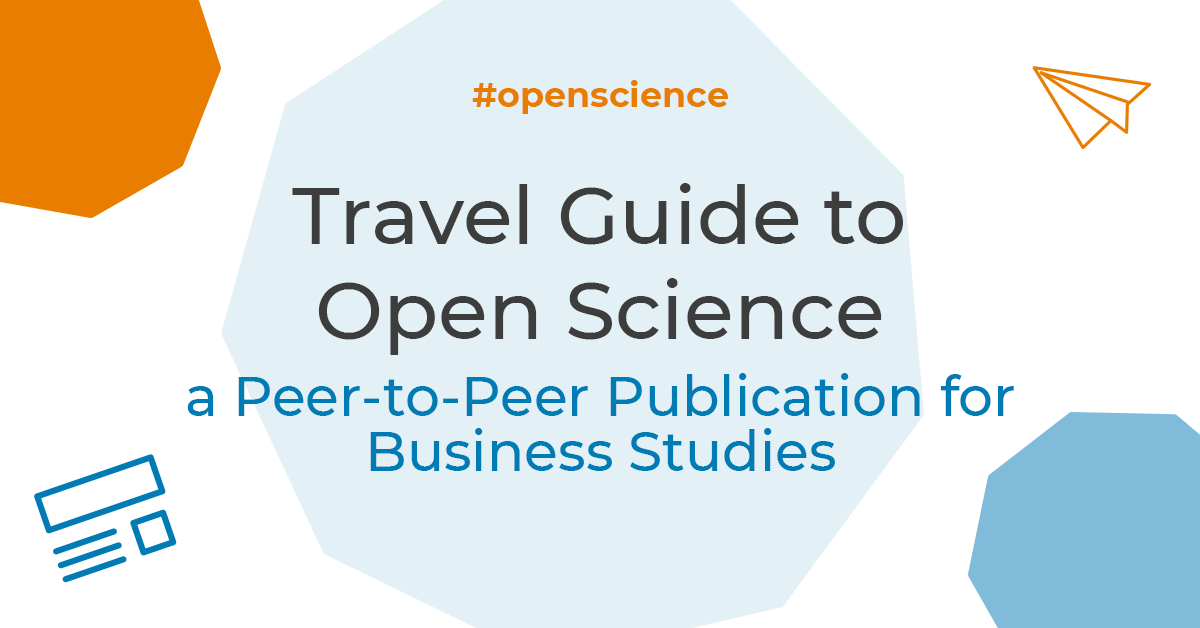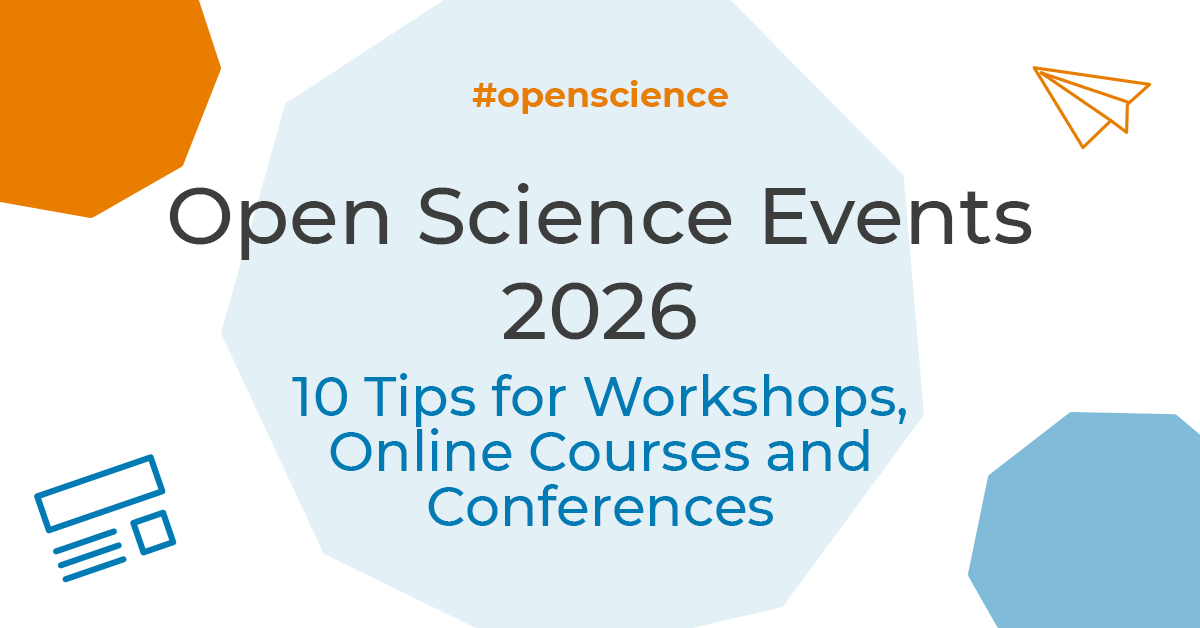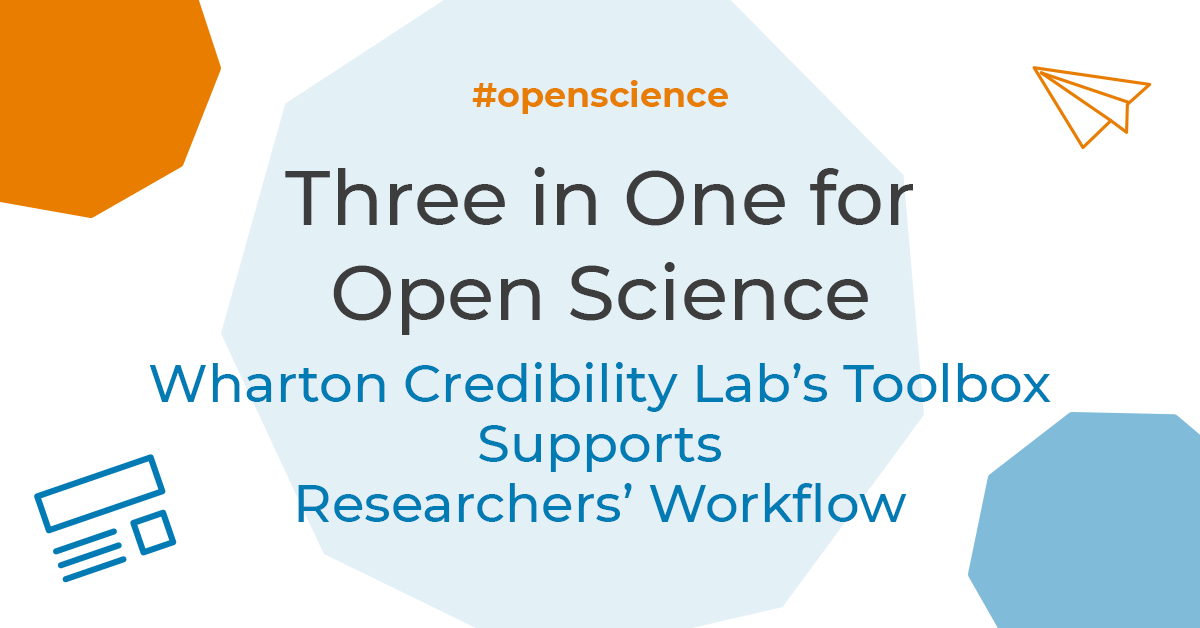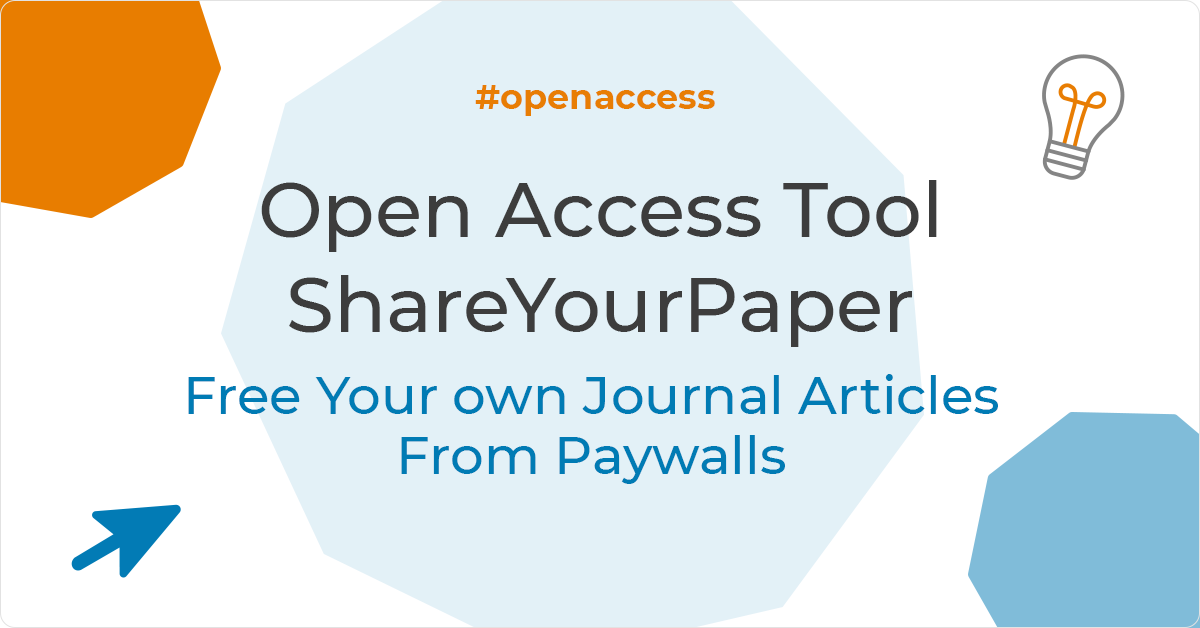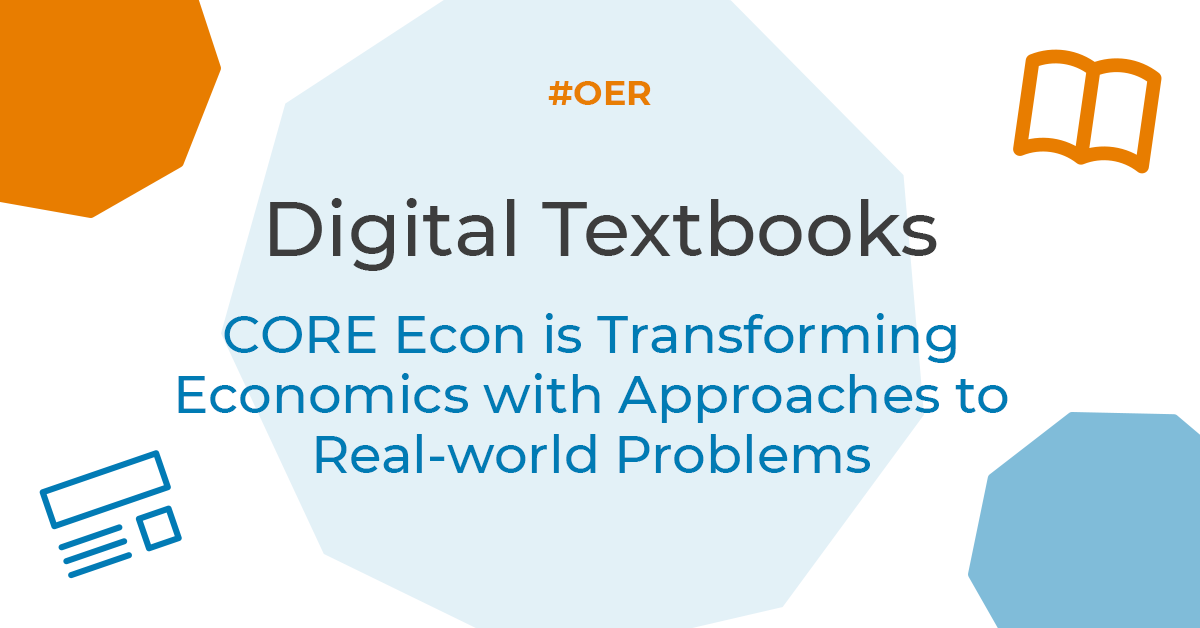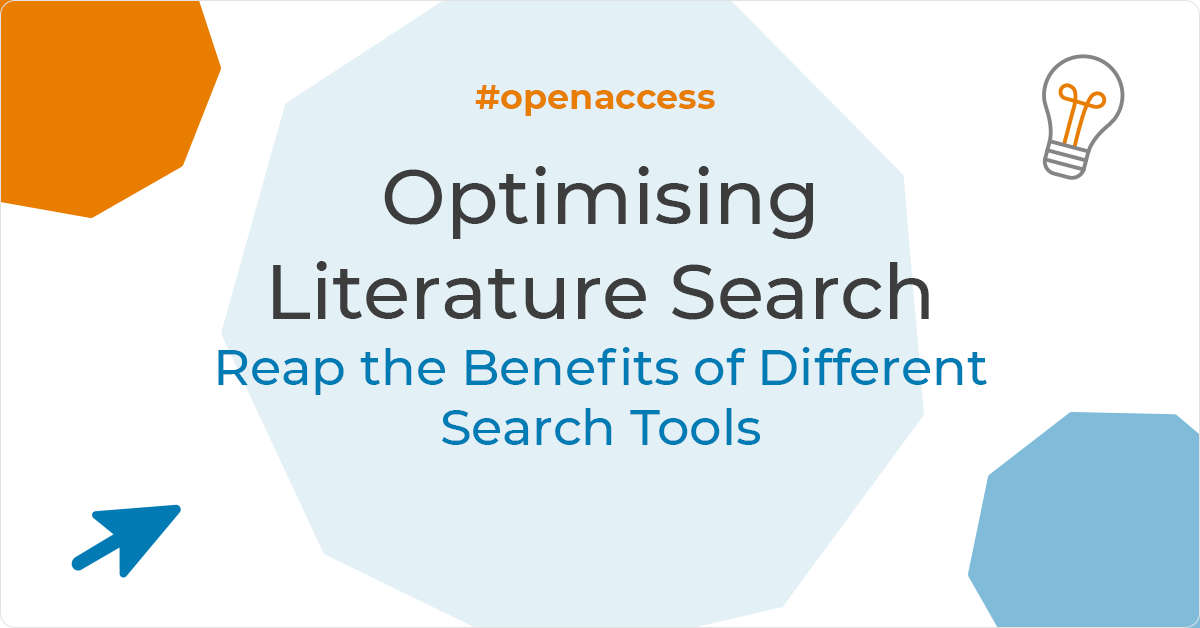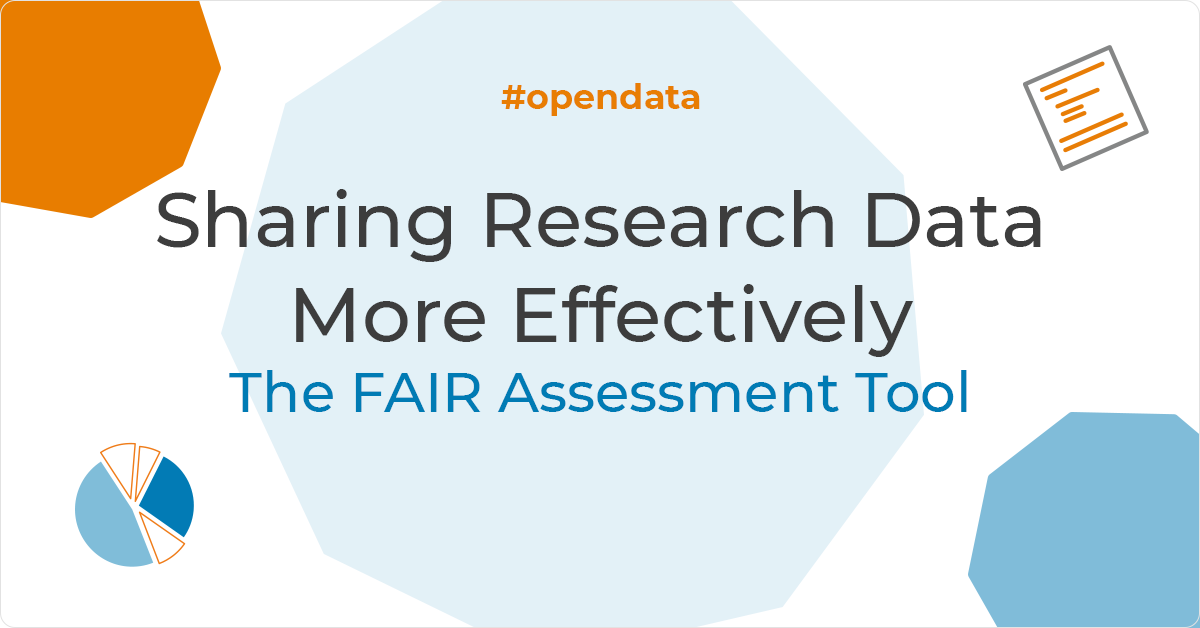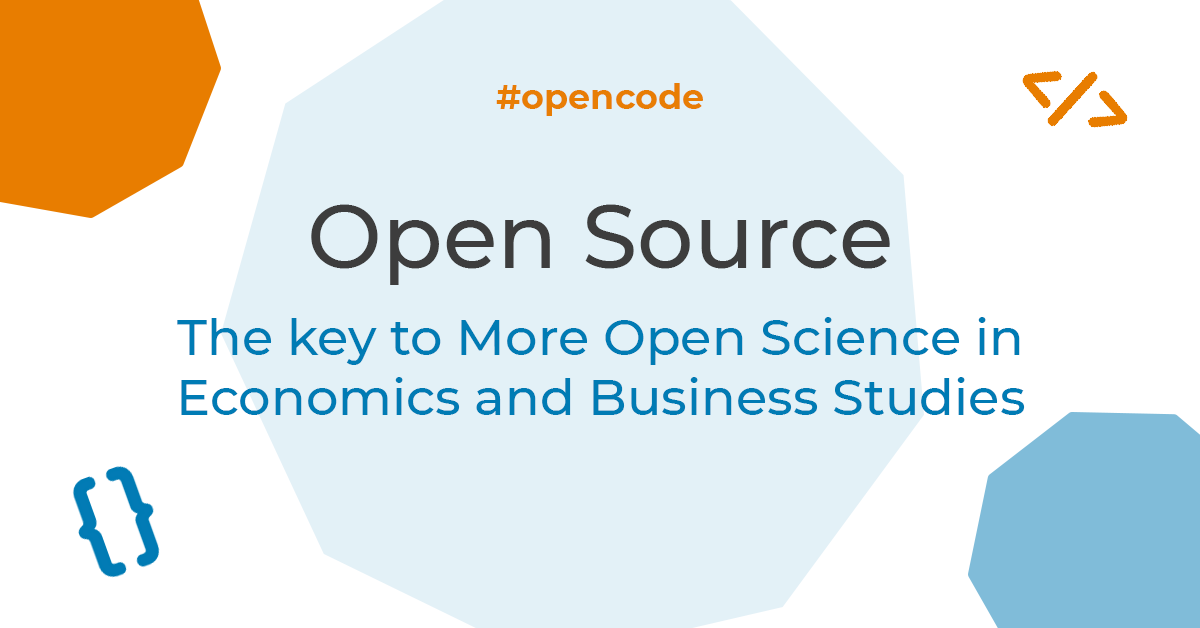Travel Guide to Open Science: a Peer-to-Peer Publication for Business Studies
Open Science encompasses a wide range of approaches, methods and practices, which can quickly become overwhelming, particularly for those new to the field. The publication ‘Expedition Open Science Land: A Travel Guide for Business Research’ addresses this challenge. Using the metaphor of a journey, it encourages researchers in business studies to take their first steps towards Open Science. The publication ‘Expedition Open Science Land: A Travel Guide for Business Research’ was published in January. The idea for the travel guide came from the authors Marko Sarstedt, Doreen Siegfried (ZBW), Meikel Neumann, Susanne J. Adler, Oliver Genschow and Monika Imschloss during […]
